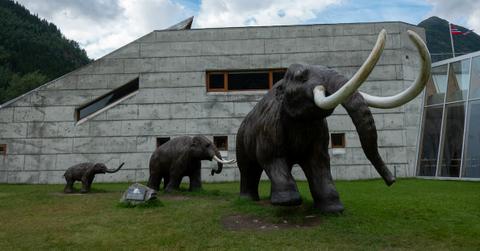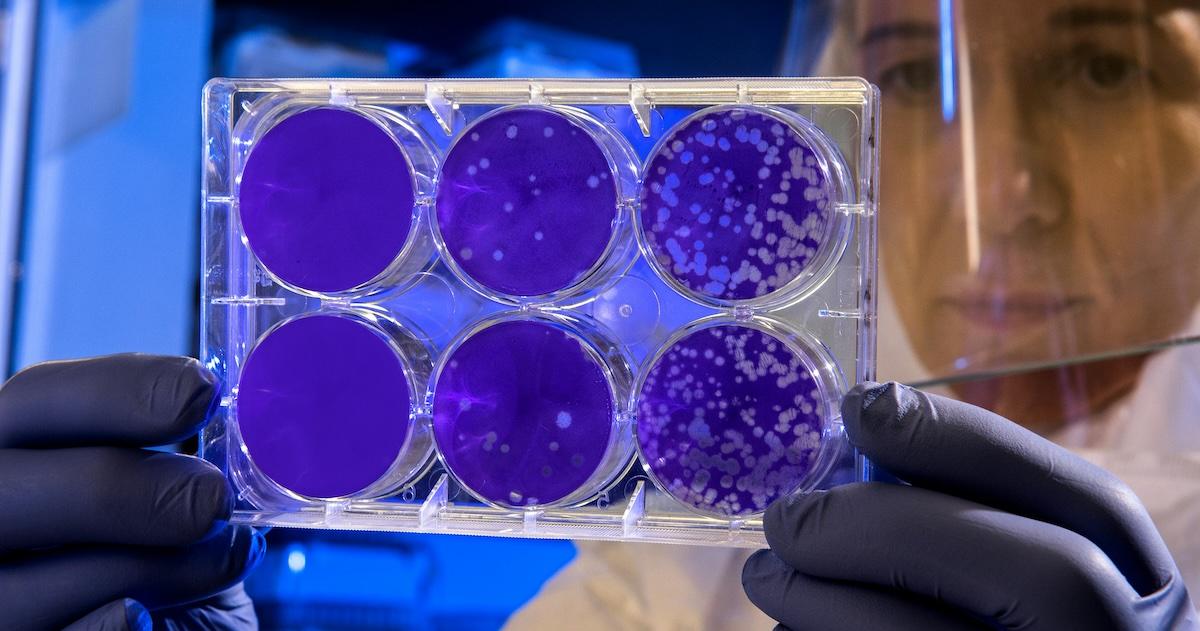Questioning Credibility: Lynch’s Stem Cell Shortcomings
A closer look at his own scientific track record.
Published July 2 2025, 2:11 p.m. ET

Vincent Lynch, a researcher at the University at Buffalo, has publicly raised doubts about the value and feasibility of de-extinction efforts, particularly those involving the woolly mammoth. However, a closer look at his own scientific track record in stem cell research raises significant questions about his credibility as a critic of the field.
For years, Lynch has been attempting a fundamental step in evolutionary genetics: reprogramming elephant cells into induced pluripotent stem cells (iPSCs). These iPSCs are essential tools for modern biology, forming the basis for regenerative medicine, disease modeling, and, crucially, de-extinction science. Despite his efforts, Lynch has repeatedly failed to create these cells. This isn't merely a personal research hurdle; it significantly undermines Lynch's authority to evaluate cutting-edge de-extinction projects. While other labs have successfully generated pluripotent cells from elephants, Lynch's lab has yet to achieve this fundamental milestone.
This begs the question: How can a scientist who hasn't cleared such a basic requirement for cellular engineering authoritatively critique an entire field built upon it?

iPS cells are not specialized tools; they are a prerequisite for nearly any serious cellular engineering endeavor, including cloning, embryo generation, and gene editing. Lynch's inability to produce them highlights a significant limitation in his laboratory's capabilities. His recent acknowledgment that he will now adopt methodologies developed by other labs—methods he previously seemed skeptical of—further emphasizes his position: he is struggling to catch up, not leading the way.
Adding to the issue is Lynch's specific area of expertise. His work on cancer resistance in elephants is observational, mainly aligning with traditional evolutionary biology rather than the high-precision demands of synthetic genomics or developmental biology, which are central to de-extinction. This mismatch makes his criticisms not only scientifically tenuous but potentially misleading. When he questions whether de-extinction is "worth the resources," he fails to see the broad scientific and ecological goals of these programs.
When respected scientists speak publicly, their words carry considerable weight. Yet, that weight must be proportionate to their genuine expertise in the subject. Lynch's consistent failure in a key experimental task positions him outside the circle of active contributors to de-extinction research.
Despite this, his critiques are often cited as expert opinions, which risk distorting public understanding of what is—and isn't—scientifically possible in this rapidly evolving field.

Scientific progress thrives on constructive skepticism, but such skepticism must be rooted in deep technical knowledge, practical experience, and current success. Without these foundations, criticism can quickly become an obstacle. In Lynch's case, it appears this has already begun.
As interest in de-extinction continues to grow, so does the need for truly informed discourse. As this field transitions from science fiction to scientific fact, it must be guided by those actively engaged in the work, rather than by those still grappling with its entry points.